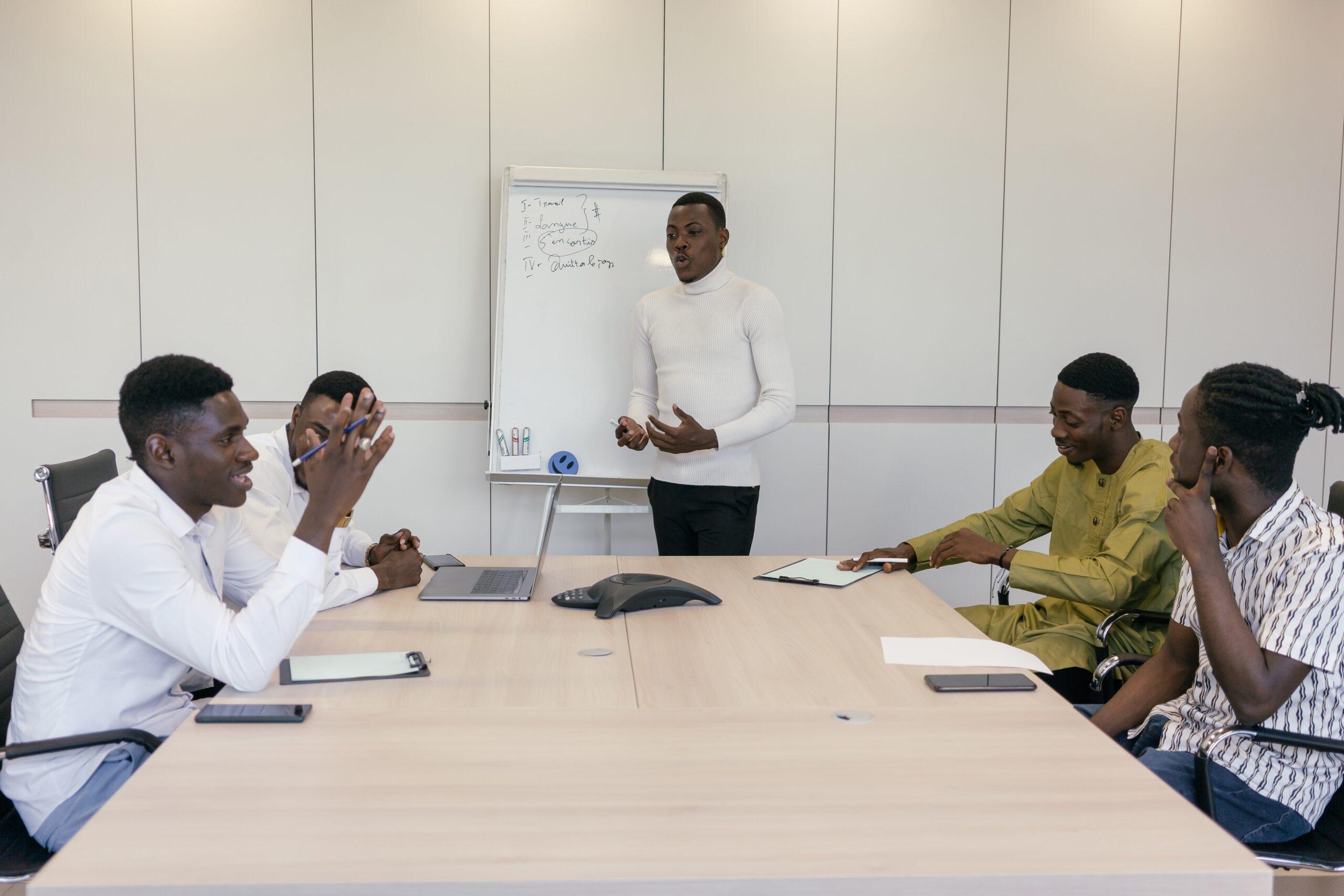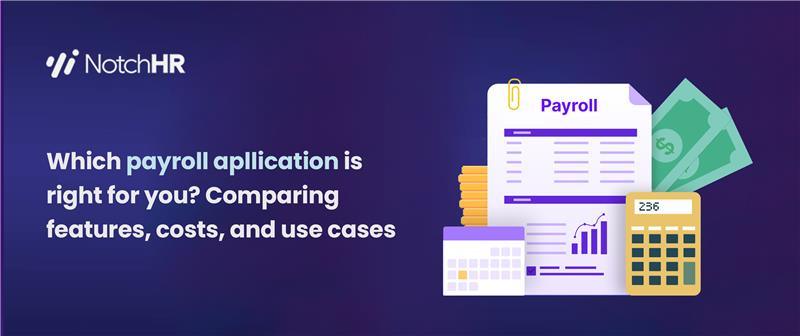Managing millennials and Gen Z in particular, especially in 2025, deserves to be studied. Workforce demographics are changing, and as always, companies have to adapt to these shifts. Managing Gen Z and Millennials in the workplace has become very important for effective leadership.
Following the millennial generation, Gen Z is now the workforce’s youngest generation. They were born between the late 1990s and the early 2010s, with the oldest being in their mid-20s (24/25 years old). This generation will be the workforce for the foreseeable future.
Gen Z and millennials currently make up about 40% of the global workforce. According to CNBC, this percentage is expected to increase to 58% by 2030.
The report also stated that while Baby Boomers, Generation X, and Millennials (the largest demographic) make up the bulk of the current workforce, the Gen Z Generation will constitute about 30% of it by 2030.
With their digital-heavy upbringing, diverse perspectives, and desire for meaningful work, Millennials and Gen Z bring fresh perspectives and innovative ideas to the table. However, managing these generations also presents its own set of challenges.
As these generations make up even more significant portions of the workforce, understanding their unique characteristics, values, and expectations is crucial to getting the best out of them.
In this blog, we will explore strategies and best practices for effectively managing Millennials and Gen Zs in the workplace, enabling organizations to harness their potential and create a thriving multigenerational workforce.

Understanding Millennials and Gen Z
Let’s start by defining who Millennials and Gen Z are. Millennials, also known as Generation Y, are individuals born between the early 1980s and the mid-1990s. Gen Z, also known as the iGeneration or Zoomers, represents individuals born from the mid-1990s to the early 2010s. Understanding their unique experiences, influences, and perspectives helps us comprehend their behaviors and attitudes in the workplace.
Demographic And Cultural Characteristics
Unlike previous generations, they have grown up in a digital world. Technology and social media have transformed the attitudes and behaviors of the Gen Z and Millennials generation.
- Diverse backgrounds, values, and aspirations: Millennials and Gen Z are diverse in terms of their backgrounds, values, and aspirations. They are known for their multiculturalism, as they have grown up in an era of globalization and increased diversity.
- Inclusive and Open-Minded: This diversity has shaped their worldview, making them more inclusive and open-minded.
- Work-life balance, growth, and fulfillment: These generations tend to value work-life balance, career growth, and personal fulfillment. They seek employers who align with their values and provide opportunities for growth and development.
- Adaptability: Technology isn’t just a tool for them; it is an integral part of their daily lives. This digital immersion has made them tech-savvy, adaptable, and quick to embrace new technologies.
- Communication Style: Social media platforms like Twitter, Instagram, and TikTok have also influenced their communication styles, preferences, and expectations in the workplace. They value instant and constant connectivity, transparency, and authentic interactions.
Why Managing Gen Zs and Millennials Is fun
Innovation & Creativity
Innovation and Tech-Savviness One of the significant benefits of managing Millennials and Gen Z in the workplace is their innate ability to innovate and their strong tech-savviness.
These generations have grown up with technology at their fingertips, making them natural problem-solvers and creative thinkers. They are quick to adapt to new tools, platforms, and software, which can bring a fresh perspective and new ideas to the table.
Their comfort with technology enables them to find innovative solutions, streamline processes, and drive efficiency within the organization.
Diversity and Inclusion
Millennials and Gen Z value diversity and inclusion, and they bring a rich tapestry of backgrounds, experiences, and perspectives to the workforce. This diversity can enhance creativity, decision-making, and problem-solving within teams.
When you manage Millennials and Gen Z effectively, your organizations will benefit from their diverse perspectives and experiences. Try to embrace their unique viewpoints which can lead to better collaboration, increased productivity, and more innovative outcomes.
Adaptability and Flexibility in managing Millennials and Gen Z can also bring benefits in terms of adaptability and flexibility. These generations have grown up in an era of constant change, where adaptability is a necessity.
They are comfortable with ambiguity, open to new challenges, and more willing to take risks. Their ability to quickly adapt to new situations and embrace change can be a significant asset for organizations facing rapid technological advancements, market shifts, and evolving customer demands.
Moreover, their desire for flexibility in work arrangements, such as remote work or flexible hours, aligns with the changing dynamics of the modern workplace.
When Millennials and Gen Z are effectively managed, you can harness the benefits of their innovation, tech-savviness, inclusion, adaptability, and flexibility. Creating a supportive and inclusive environment that values their unique strengths can lead to increased productivity, and a competitive edge.

How to Manage Millennials and Gen Z
As a leader, you are expected to treat your employees based on their generational cohorts because each has its attitude and behavior toward working and living. Before we learn how to treat them, let’s see some of the misconceptions and challenges they are facing at work.
Common Misconceptions and Challenges
Some common misconceptions and challenges faced by Millennials and Gen Z in the workplace are:
Misconceptions:
- Entitlement: Some people may believe that Millennials and Gen Z workers feel entitled to rapid career advancement and special treatment.
- Lack of Loyalty: There’s a misconception that younger generations are less loyal to their employers and more likely to change jobs frequently.
- Overreliance on Technology: Older generations may think that Millennials and Gen Z rely too heavily on technology and lack interpersonal skills.
- Impatience: It’s often assumed that younger workers are impatient and want instant results, which can be seen as a negative trait.
Challenges:
- Job Insecurity: Contract work and the gig economy can lead to job insecurity, making it difficult to plan for the future and save for retirement.
- Mental Health: Younger generations report higher levels of stress and mental health issues, which can be exacerbated by workplace pressures.
- Technology Overload: While technology is a strength, it can also be a challenge, as constant connectivity can blur the line between work and personal life.
- Communication Gaps: Differences in communication styles, with younger workers favoring digital channels, can create misunderstandings with older colleagues.
It is believed by many that millennials and gen z are entitled or lazy. However, research has shown that Millennials and Gen Z are ambitious, driven, and eager to make a meaningful impact.
Identifying and overcoming generational gaps
Another challenge in managing Millennials and Gen Z is the presence of generational gaps. Each generation has its own unique values, work styles, and expectations. It is important to identify these differences and find ways to bridge the gaps to promote collaboration and understanding. For example, older generations may prefer more traditional communication methods, while younger generations are more inclined towards digital communication platforms. When you develop cross-generational dialogue and create opportunities for learning and mentorship, you can bridge these gaps and create a harmonious work environment.
Expectations and Bridging Communication Styles
Millennials and Gen Z have different expectations when it comes to work-life balance, career progression, and feedback. It is important for you to have open and transparent conversations that will align to their expectations and provide more clarity.
Additionally, bridging communication styles helps a lot in effective collaboration. Millennials and Gen Z may prefer more frequent feedback, instant communication, and a collaborative approach to decision-making. With NotchHR, you can easily communicate with your employees.

Building Strong Leadership for the Future
Building strong leadership for the future involves developing skills that cater to the needs of multiple generations. This includes promoting empathy, active listening, and flexibility in leadership styles. Also Investing in leadership development programs that address multigenerational dynamics can help you to understand the complexities of leading groups in the workplace.
Encourage Reverse Mentoring
Reverse mentoring is an effective strategy for building strong leadership for the future. It involves pairing younger employees, such as Millennials or Gen Z, with more experienced leaders for mutual learning and knowledge sharing. This approach allow you as the leader to gain insights in the emerging trends, technology, and fresh perspectives from younger generations. Simultaneously, it provides younger employees with valuable guidance, mentorship, and exposure to leadership principles.
Promote Inclusive and Diverse Leadership
To build strong leadership for the future, you should prioritize promoting inclusive and diverse leadership. This means actively seeking out and nurturing employees from different backgrounds, cultures, and generations. By embracing diversity, you can tap into a wealth of varied experiences, perspectives, and ideas.
Moreover, this inclusive approach to leadership can lead to better decision-making, increased innovation, and a more harmonious work environment. Emphasizing diversity and inclusivity in leadership roles sends a powerful message that everyone’s voice is valued and contributes to the general success of your organization.
Conclusion
To effectively manage Gen Z and Millennials in the workplace, you must understand their unique needs and preferences. This requires flexibility and a willingness to adapt. By implementing strategies that align with their values and expectations, companies can unlock the potential of these generations, creating a thriving work environment that benefits both employees and the organization as a whole.



